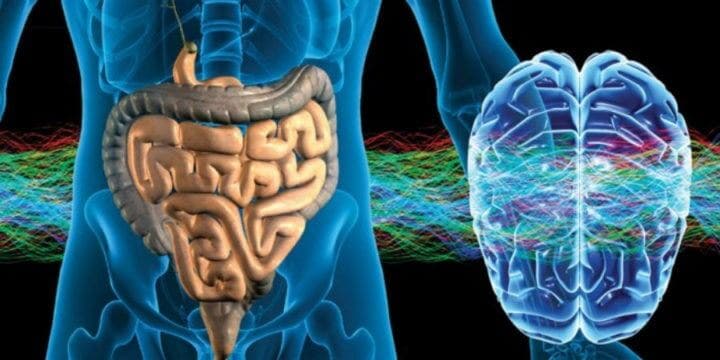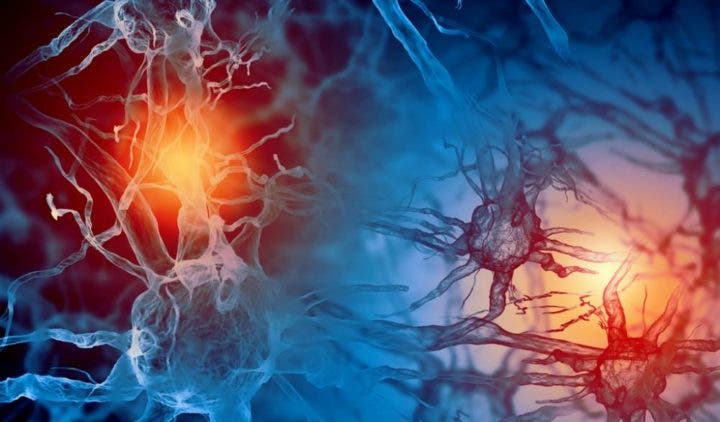Fasting is defined as abstinence from all or some foods or drinks for a specified period of time. Despite being very popular in certain regions of the world (Asia, for example), it is a practice that dates back centuries and plays a central role in many cultures and religions.
In general, most types of fasts take place for 24 to 72 hours. Intermittent fasting, on the other hand, involves cycling between periods of eating and fasting, ranging from a few hours to a few days at a time. In this regard, fasting has been shown to have many health benefits , from increased weight loss to better brain function. Find out more about it.

6 benefits of fasting according to science
1. Promotes blood sugar control by reducing insulin resistance
Several studies have found that fasting can improve blood sugar control , which could be especially helpful for people at risk for diabetes. In fact, a study in 10 people with type 2 diabetes showed that short-term intermittent fasting significantly lowered blood sugar levels. Meanwhile, another review found that both intermittent fasting and alternate-day fasting were as effective as limiting calorie intake in reducing insulin resistance .
Lowering insulin resistance can increase your body's sensitivity to insulin, allowing you to transport glucose from your blood to your cells more efficiently. However, keep in mind that some studies have found that fasting can affect blood sugar levels differently in men and women. For example, a small three-week study showed that practicing every other day fasting glycemic control worked for women but had no effect for men.

2. Fight inflammation
While acute inflammation is a normal immune process used to help fight infection, chronic inflammation can have serious consequences for your health. In this regard, this research shows that inflammation may be involved in the development of chronic conditions, such as heart disease, cancer, and rheumatoid arthritis.
On the other hand, some studies have found that fasting can help lower inflammation levels and help promote better health. In fact, an analysis performed on 50 healthy adults showed that intermittent fasting for one month significantly lowered levels of inflammatory markers. Another small study found the same effect when people fasted for 12 hours a day for a month.
Additionally, an animal study found that following a very low-calorie diet to mimic the effects of fasting reduced levels of inflammation and was beneficial in treating multiple sclerosis, a chronic inflammatory condition.

3. Can improve heart health, blood pressure, triglycerides, and cholesterol
Some research has found that incorporating fasting into your routine can be especially beneficial when it comes to heart health. One small study revealed that eight weeks of alternate day fasting lowered "bad" LDL cholesterol levels and blood triglycerides by 25% and 32% respectively.
Another study in 110 obese adults showed that fasting for three weeks under medical supervision significantly lowered blood pressure, as well as blood triglyceride levels, total cholesterol, and "bad" LDL cholesterol. Additionally, a study in 4,629 people associated fasting with a lower risk of coronary heart disease , as well as a significantly lower risk of diabetes.

4. Improves brain function and prevents neurodegenerative disorders
Although the research is primarily limited to animal research, several studies have found that fasting could have powerful effects on brain health . A study in mice, for example, showed that intermittent fasting for 11 months improved both brain function and brain structure.
Other animal studies have reported that fasting may protect brain health and increase nerve cell generation to help improve cognitive function. Therefore, precisely because fasting can also help relieve inflammation, consequently, it could also help prevent neurodegenerative disorders.

5. Helps to lose weight and accelerate metabolism
Many dieters follow the fast in search of a quick and easy way to lose a few pounds. In theory, abstaining from all or certain foods and beverages should decrease your total calorie intake, which could lead to increased weight loss over time.
Some research has also found that short-term fasting can increase metabolism by increasing levels of a neurotransmitter called, norepinephrine, which may increase weight loss. In fact, a review showed that a 24-hour fast could reduce body weight by up to 9% and significantly reduce body fat for 12 to 24 weeks.
Another review found that intermittent fasting for 3 to 12 weeks was as effective in inducing weight loss as continuous calorie restriction and reducing body weight and fat mass by as much as 8% and 16%, respectively.

6. Increases the secretion of growth hormone
Human growth hormone is a type of protein hormone that is essential for many aspects of your health. In fact, research shows that this key hormone is involved in growth, metabolism, weight loss, and muscle strength.
Several studies have found that fasting could naturally increase the levels of this hormone. A study in 11 healthy adults showed that fasting for 24 hours significantly increased hormone levels. Another small study in nine men found that fasting for just two days led to a 5-fold increase in production rate.
Finally, fasting can help maintain a stable level of blood sugar and insulin throughout the day. This may seem like nothing to do with it, but it can further optimize growth hormone levels , as some research has found that maintaining elevated insulin levels can cause a drop in these hormones.

Reference
- Link, R. 8 Health Benefits of Fasting, Backed by Science. For Healthline [Revised October 2018]
